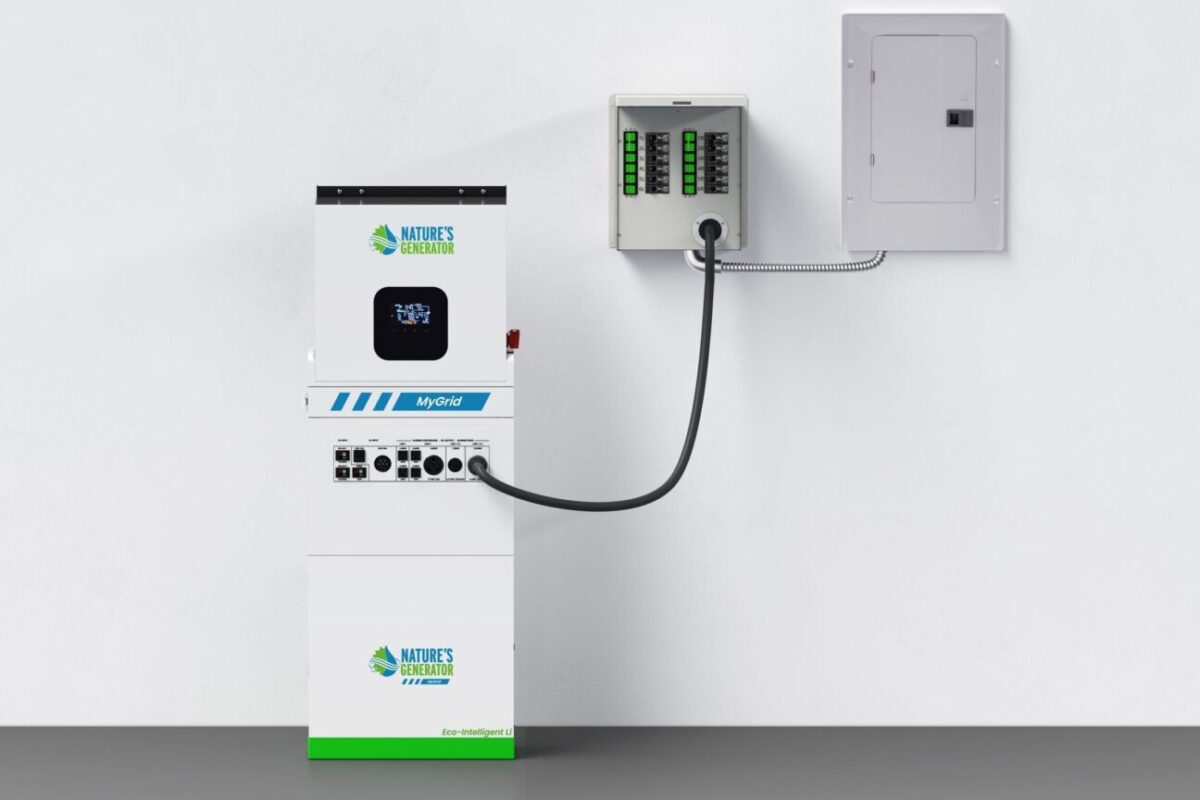Colombia’s Energy and Gas Regulatory Commission, CREG approved the 2018 Resolution CREG 030 last Friday, which regulates distributed solar generation (up to 100 kW) and distributed generation from renewable sources (between 100 kW and 1 MW).
The new rules, according to CREG, offer a simple mechanism for residential, commercial and small industrial power consumers, who intend to produce energy primarily to meet their own needs, and sell surplus electricity to the interconnected system.
A simplified procedure has also been introduced for the connection of large-scale self-consumption facilities with an installed power greater than 1 MW, and less than, or equal to, 5 MW.
The resolution defines, among other things, the regulation for connection, commercialization of surplus energy, and response times of power distributors for the grid-connection of power generators.
“It is a big change in the electric power service and complements a series of regulatory decisions that the CREG has taken within the framework of Law 1715 of 2014 on unconventional sources of renewable energy,” highlighted CREG Executive Director, Germán Castro Ferreira.
With the resolution, an transition process will now begin for users and companies. This exercise will take a few days and involves, in addition to the assembly of the necessary infrastructure, the development of a digital platform on which the respective procedures will be carried out.
“An easy online mechanism was established. This will allow greater participation of users, develop new business models and boost the economy associated with the national electricity system,” said Castro Ferreira.
The online procedure contains several elements, including access to the necessary information to connect the system. This information should be available in the next two months. The network operator will have five business days, starting from the day following the receipt of the online request to issue a concept on the technical feasibility of the connection.
National connection formats have also been simplified and standardized, and the time of entry into service has been reduced from 21 business days, to nine.
In addition, self-generation users who decide to sell surpluses to the power network will always be guaranteed a buyer, since the marketer is obliged to buy the energy from the distributed generator.
Additionally, to incentivize installations, the commission guarantees that the price of energy delivered to the system by small-scale self-generators that use non-conventional sources of energy is very close to the value that users pay for their consumption.
“Our association is evaluating positively these new rules,” president of the Colombian solar energy association SER Colombia, Alejandro Lucio Chaustre told pv magazine. “In general, we see that the issuance of this regulation clears the way for small-scale self-generation in Colombia to become a reality in the short term. Of course there are issues that we believe are subject to improvement, but we understand that we are in a transition, and in general we see this definition of a regulatory nature in a very positive way.”
This content is protected by copyright and may not be reused. If you want to cooperate with us and would like to reuse some of our content, please contact: editors@pv-magazine.com.



By submitting this form you agree to pv magazine using your data for the purposes of publishing your comment.
Your personal data will only be disclosed or otherwise transmitted to third parties for the purposes of spam filtering or if this is necessary for technical maintenance of the website. Any other transfer to third parties will not take place unless this is justified on the basis of applicable data protection regulations or if pv magazine is legally obliged to do so.
You may revoke this consent at any time with effect for the future, in which case your personal data will be deleted immediately. Otherwise, your data will be deleted if pv magazine has processed your request or the purpose of data storage is fulfilled.
Further information on data privacy can be found in our Data Protection Policy.